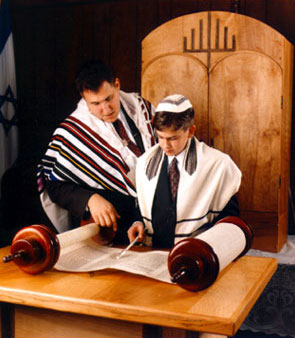To what extent is Shabbat more important than any other festival?
Of all the Jewish holidays, Shabbat (the Sabbath day) is widely considered to be the most important holiday on the Jewish calendar. The only thing different about this day from any other holiday is that it happens once a week on the seventh day. Shabbat is explicitly commanded by God in the Ten Commandments to observe and recognize this day as the most important. Shabbat begins at sunset every Friday night and ends on Saturday night as this was the day that God rested when creating the Earth; so as Jewish people, we must reflect and rest on this day as well and praise God for all of his creations.
Shabbat is mainly marked by three qualities; rest, joy, and holiness. On this day, Jewish families spend time with each other, their friends as well as pray, read, and rejuvenate on the past week. Jews also light candles to symbolically and welcome God into our hearts, According to Genesis 2:3, Jews are told that God rested on the seventh day and rested from his creative activity as the memorial of the work of his Hands. God called the seventh day of rest "holy" which means set apart as sacred, exalted, and honored.
There are many traditions to Shabbat like the shabbat dinner, giving tzedakah, and the Friday night Kiddush. The Shabbat meal is a time where the entire family comes together on Friday night and have a very nice dinner. The dinner is also a time to share highlights from the week, words of the Torah, and sing Shabbat table songs. Tzedakah is money for charity in the Jewish culture. It is customary to put money in the Tzedakah box before lighting the candles. It is a tradition for everyone to give any amount of money they have on Shabbat every week for the betterment of the world. Before Jews sit down for the meal, it is customary to sanctify this time by reciting the Kiddush, a special ceremony performed at the beginning of the Sabbath. In Jewish tradition, the Kiddush is recited by the father of the family while holding a glass of wine in one hand. First the Torah is read and then a Hebrew blessing is recited that sanctifies the occasion and thanks God for the gift of the Sabbath day,
In all, Shabbat is more important than any other festival to a fairly large extent. It is a holiday unlike any other, It is a time to reflect on God and realize how blessed you are. Shabbat is also the holiday on the Jewish calendar where entire families take a break from their daily lives and praise God.


